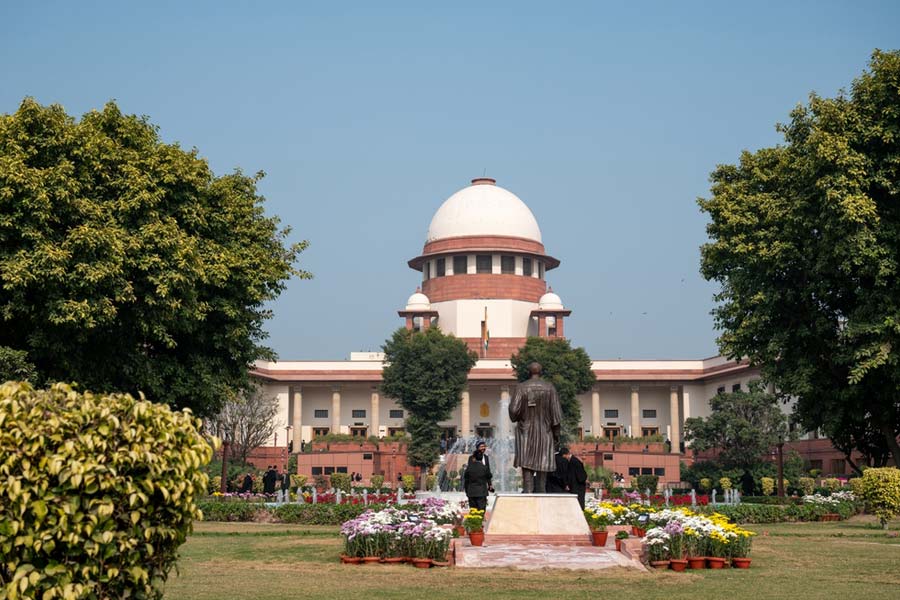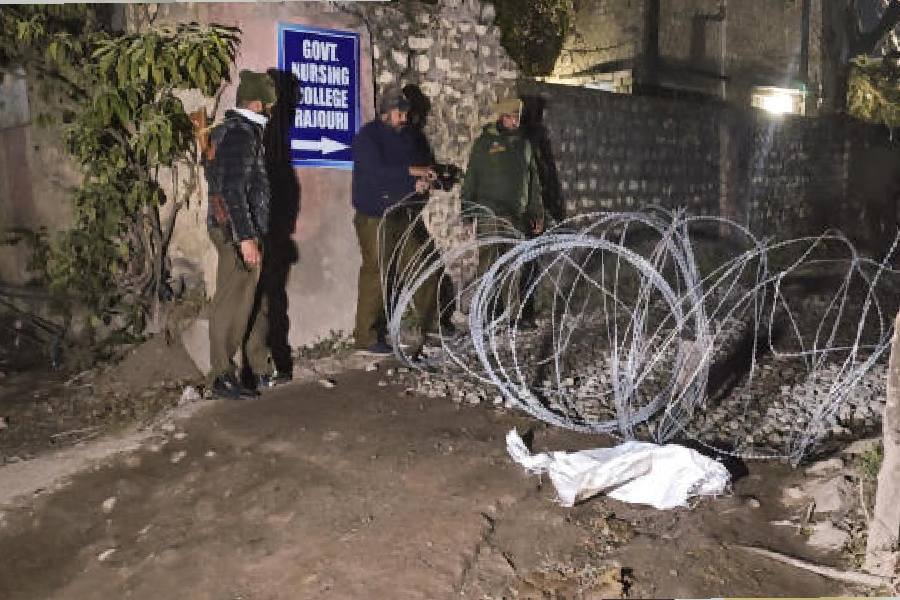The Supreme Court has directed the Reserve Bank of India (RBI), banks and other financial institutions to come out with a standardised mechanism to prepare title search reports of all properties before extending loans to customers. Besides, the RBI should fix liability including criminal action against bank officials who approve loans without such proper verification and scrutiny.
A title search report is a legal document that traces the ownership history of a legal documents. They are mandatory for banks and financial institutions to determine the ownership claims of customers who seek to mortgage such properties to avail loans; in most cases, loans are disbursed by banks on defective titles and invalid claims, leading to multiple disputes.
“We deem it necessary to observe that banks should remain very careful with inadequate title clearance reports, more particularly, when such reports are obtained cheaply and at times for external reasons. This concerns the protection of public money and is in the larger public interest,” a bench of Justice J. B. Pardiwala and Justice R. Mahadevan said in a recent judgment.
“Therefore, it is essential for the RBI and other stakeholders to collaborate in developing a standardised and practical approach for preparing title search reports before sanctioning loans and also for the purpose of determining liability (including potential criminal action) of the officer who approves loan.”
“There should be standard guidelines for fees and costs associated with title search reports so as to ensure that they maintain high quality.”
The apex court dismissed an appeal filed by Central Bank of India challenging a judgment of the Madhya Pradesh High Court which had upheld the plea of a woman Prabha Jain who challenged the bank’s decision to confiscate a piece of property, which she had claimed hers, but was allegedly sold illegally by a relative to another person.
In this case a trial court dismissed Jain’s plea for being handed over the property on the ground that only the debt recovery tribunal had jurisdiction to entertain her claim under the SARFAESI Act.
She had appealed in the high court which upheld her plea and held that the civil court does have jurisdiction as the issue pertained to dispute over title/ownership of the property which did not fall under the jurisdiction of DRT.
Following this, the bank had filed the present appeal.
The apex court said it had interpreted the provisions of the Securitisation and Reconstruction of Financial Assets and Enforcement of Security Interest Act, 2002 which empowers banks and financial institutions to recover the mortgaged property and collateral security through DRT and the civil procedure code (CPC).
“In such circumstances referred to above, no error not to speak of any error of law could be said to have been committed by the high court in passing the impugned order.”










